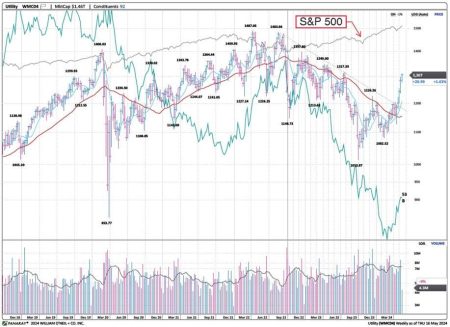The concepts of sunk cost, opportunity cost, and the endowment effect are often viewed as theoretical and complex, only applicable in academic or professional settings. However, these principles can actually offer valuable insights into everyday decision-making. For example, a recent experience at a music festival in Charleston, South Carolina, brought these concepts to life for one individual and his family.
Despite looking forward to a weekend of live music, food, and drinks, the festival was interrupted by a sudden and persistent rainstorm. Faced with a choice between enduring the miserable conditions or heading home, the family weighed the sunk cost of their ticket, drive, and time against the opportunity to be warm and dry. Ultimately, they decided to leave, understanding that the best decision moving forward should not be influenced by past investments.
The son in the family also brought up the concept of opportunity cost, highlighting the importance of considering the potential benefits or losses of alternative choices. In a real-life example, the decision to attend college involves not only the financial cost but also the income that could have been earned during that time. By factoring in opportunity cost, individuals can make more informed decisions that align with their long-term goals and values.
Furthermore, the endowment effect, which refers to the tendency to value possessions more highly than equivalent items we do not own, played a role in the family’s decision-making process. The son acknowledged that if he had paid for his ticket, he might have been more reluctant to leave the festival. This realization underscores the psychological factors that can influence our choices and highlights the importance of considering different perspectives.
Ultimately, the family’s experience at the music festival served as a practical reminder of how behavioral economics concepts can be applied in everyday life. By understanding sunk cost, opportunity cost, and the endowment effect, individuals can make more rational and informed decisions that align with their preferences and long-term goals. These principles offer valuable insights into personal finance, career decisions, and even leisure activities, enhancing our ability to navigate complex choices and situations with clarity and confidence.















